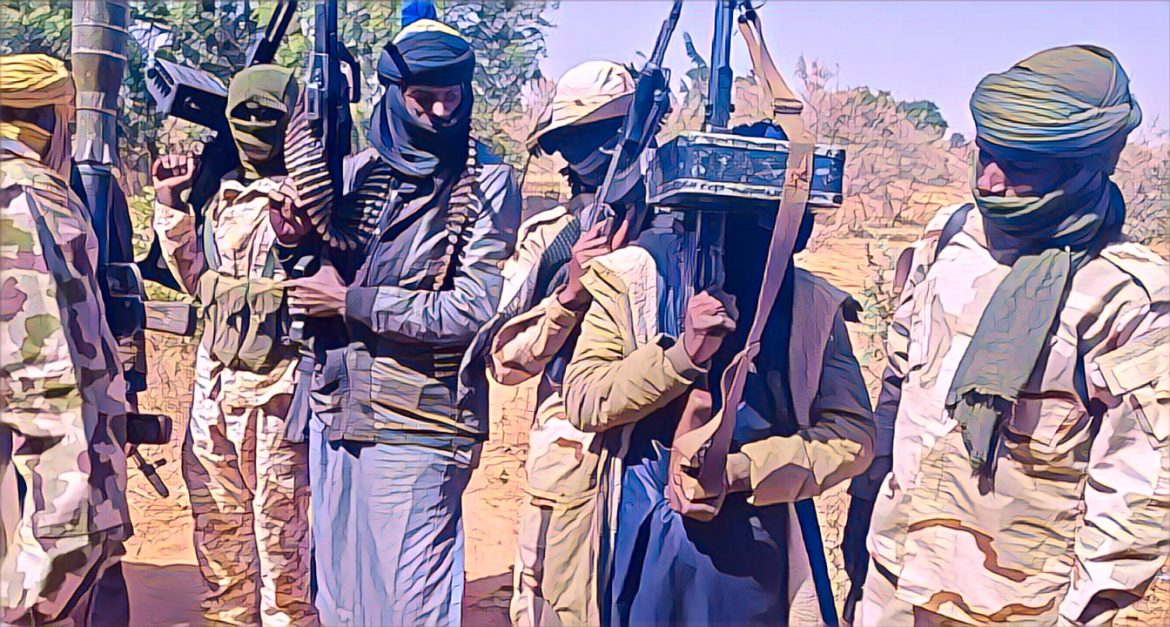Key Points
-
Domestic banditry is mostly driven by Nigerian nationals.
-
Domestic banditry demands stronger intelligence-led action.
-
Domestic banditry continues to expand across key regions.
A security and intelligence analyst has said that almost all of the armed bandits in Nigeria’s North-West and North-Central regions are Nigerian citizens and that the government knows who they are and where they are.
Yahuza Getso said this on Wednesday during an interview on Channels Television’s Morning Brief. He said that the story about “foreign mercenaries” is not true and does not accurately describe the security threat. “99.9% of the bandits in North-West and North-Central Nigeria are Nigerians.” He said, “We know them, we know who they are, and we know where they are.” “They’re not hiding out anywhere or in any tough terrain.”
The analyst says that most bandits are Nigerians
Getso’s comments come at a time when a lot of high-profile security incidents have made people lose faith in Nigeria’s efforts to fight terrorism. On Monday, armed men broke into the Government Girls Comprehensive Secondary School in Maga, Kebbi State, killing the vice principal and taking 25 girls. People who lived nearby said they had been on high alert because of attacks in nearby communities, but the gunmen still got into the school grounds, shocking families and local officials.
Brigadier General Musa Uba was first said to be safe after an ambush by the Islamic State West Africa Province (ISWAP) in Borno State, but he was later confirmed dead. ISWAP put out pictures saying they were responsible, which made people even more worried that militant groups are getting bolder and better organised.
Domestic banditry is still getting worse
Analysts say these events show how domestic banditry and insurgent networks are working together more and more. These groups are getting stronger because there isn’t enough political will, security operations are split up, and intelligence-to-action response is slow. Getso stressed that the Nigerian security system has enough intelligence to find the people who are causing the violence, but mistakes in how it works let the violence continue.
The rise of domestic banditry has serious effects, such as kidnappings at schools, terror in communities, and attacks on soldiers. Experts say that local militias and insurgents will keep getting stronger and more dangerous to civilians and national security if the government doesn’t take a smart, intelligence-based approach.
Taking action is necessary to deal with domestic banditry
Getso told the authorities to take coordinated steps that involve intelligence, law enforcement, and getting the community involved. He said that to stop more people from dying, fighting domestic banditry needs political will, accountability, and quick response systems. Analysts all agree that the next step in Nigeria’s fight against terrorism should be to close operational gaps, take down bandit networks, and restore people’s faith in security agencies.
Without strong action, banditry and insurgent activity in the home country could go on without any checks, making northern communities more and more open to violent attacks.


